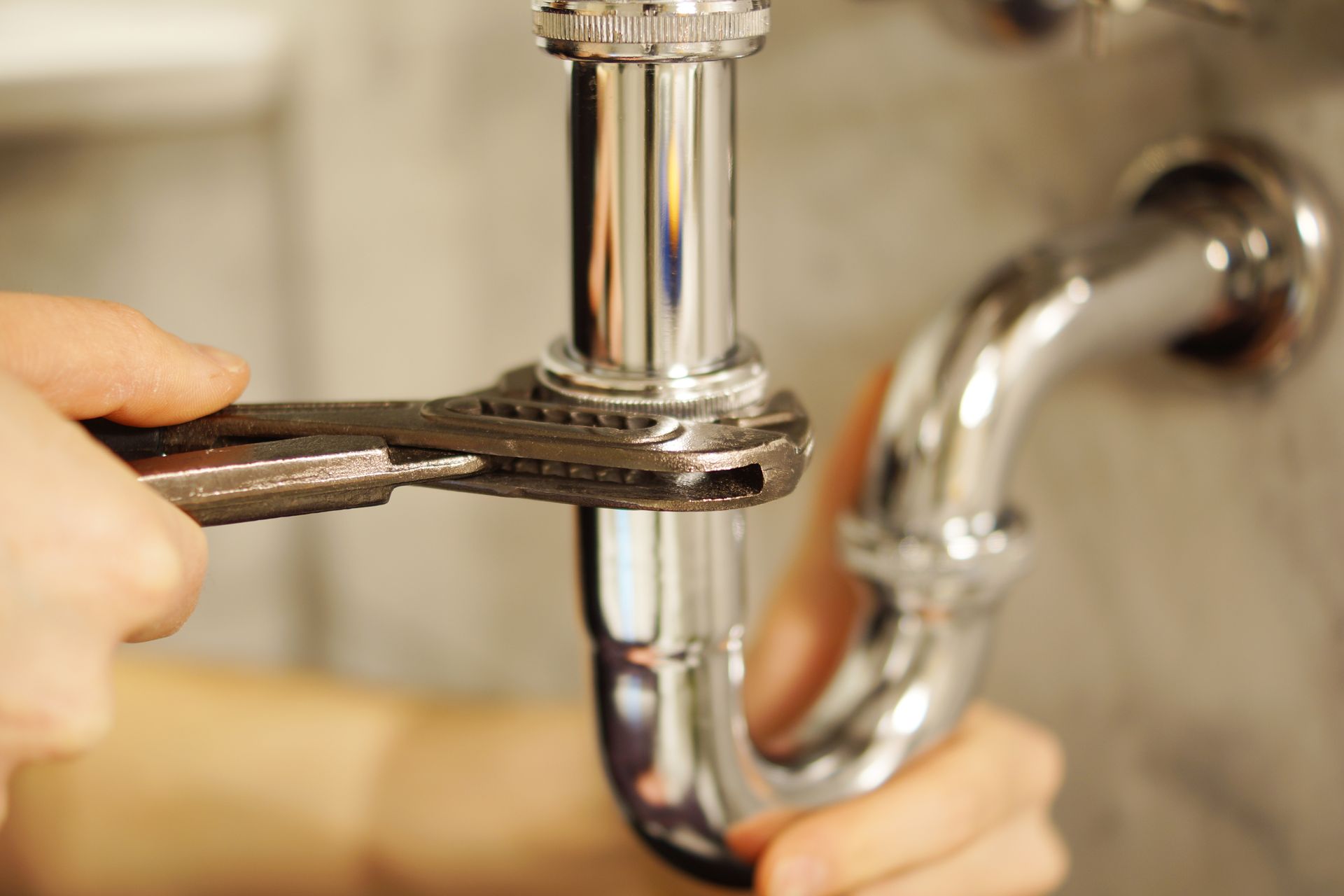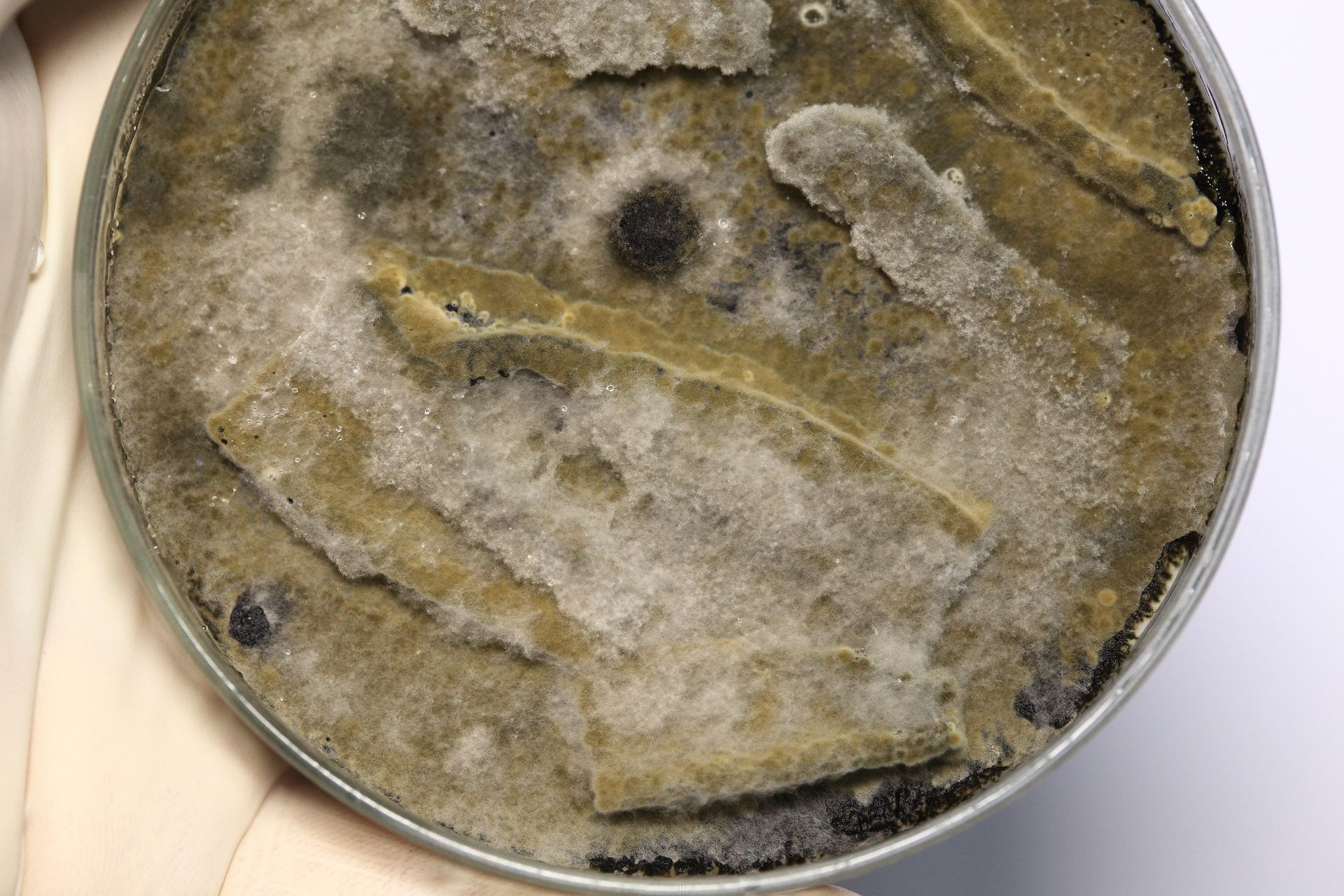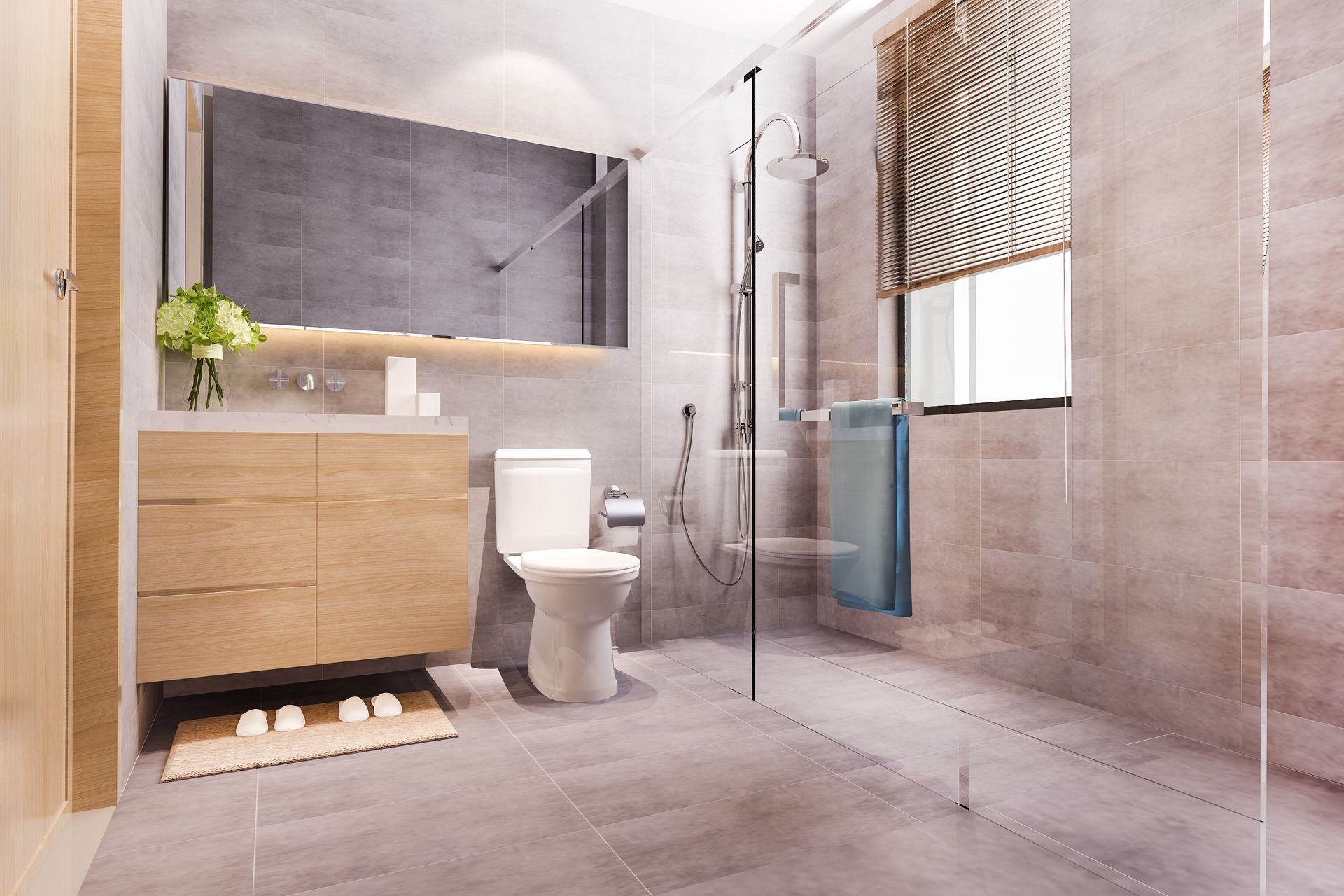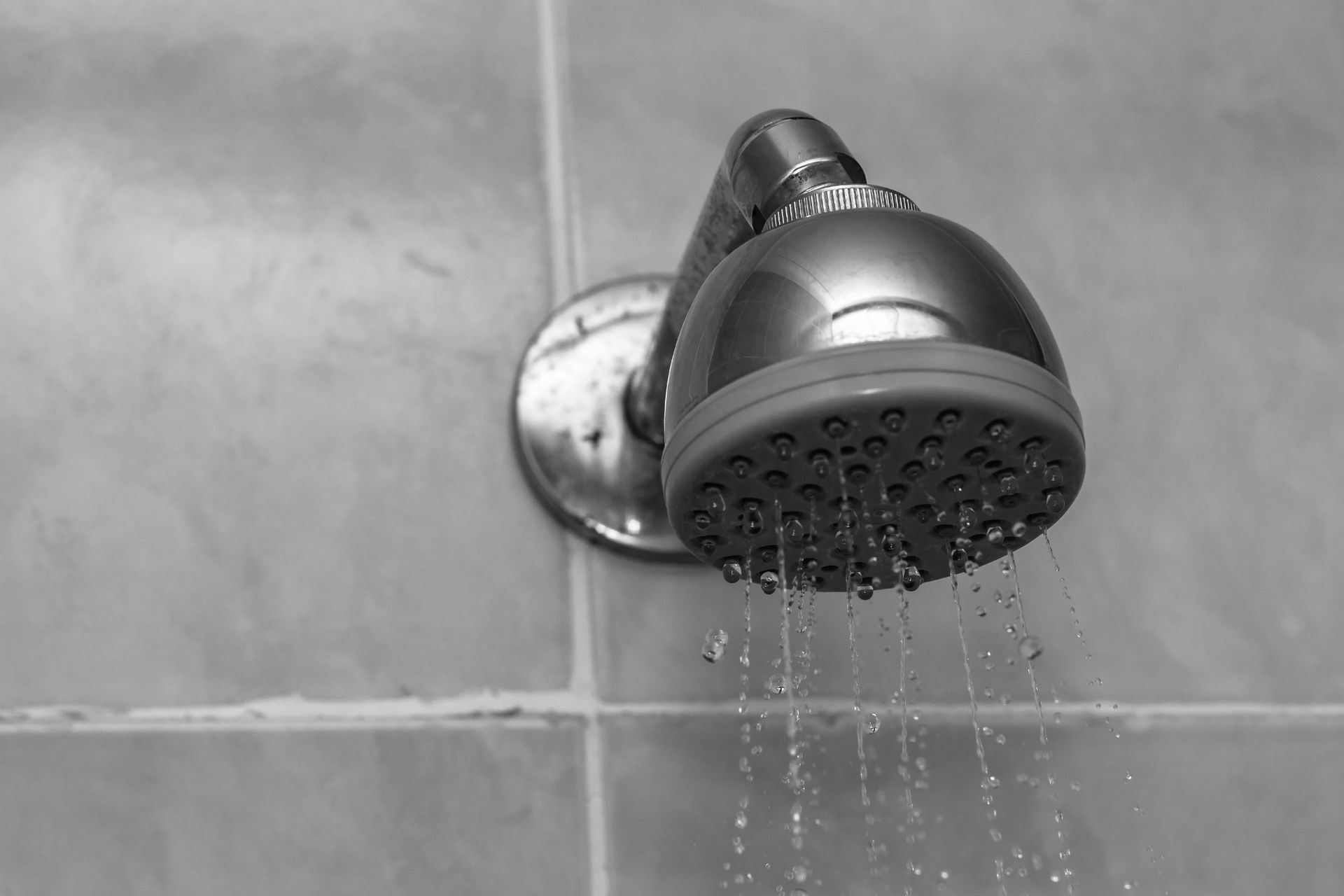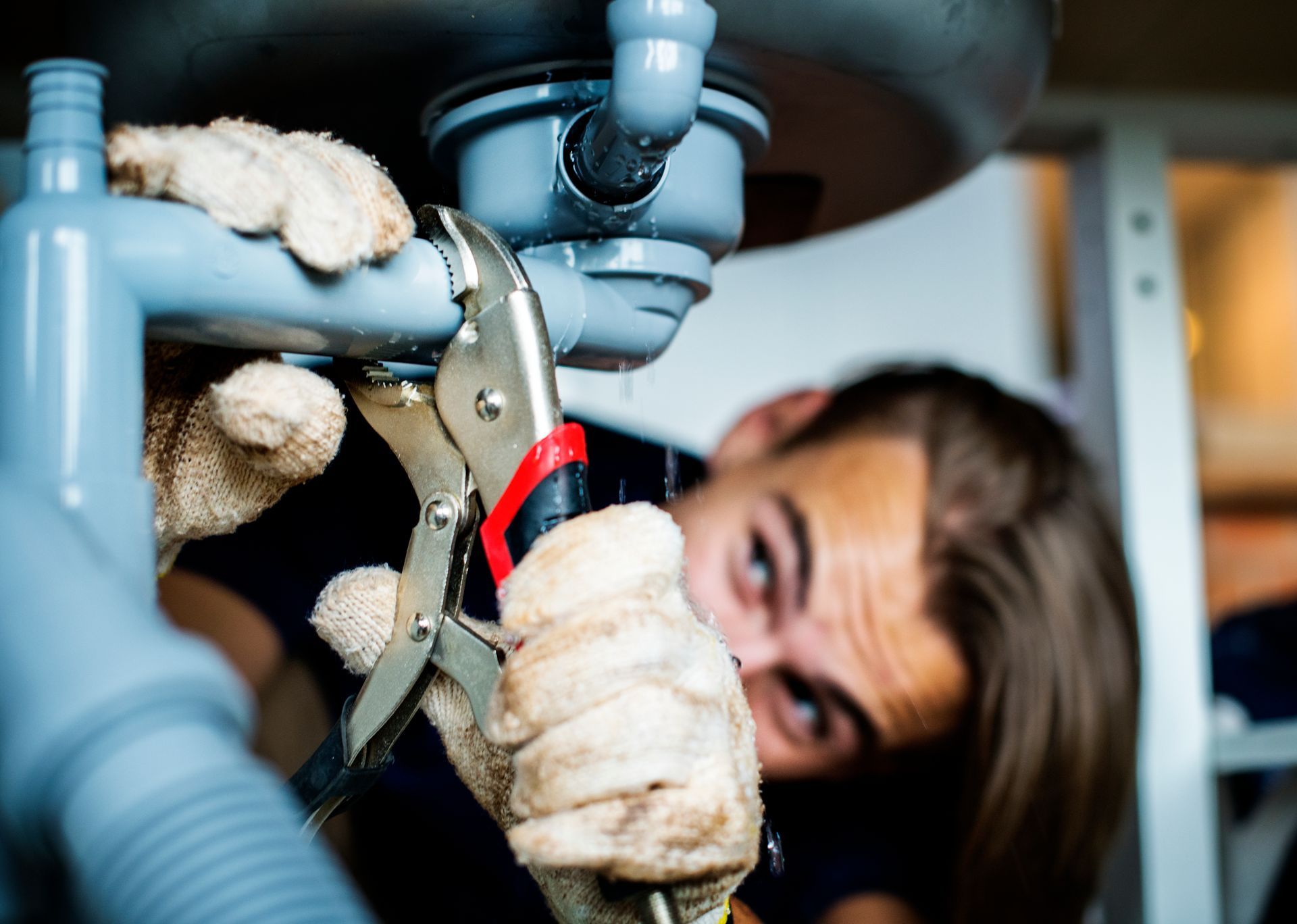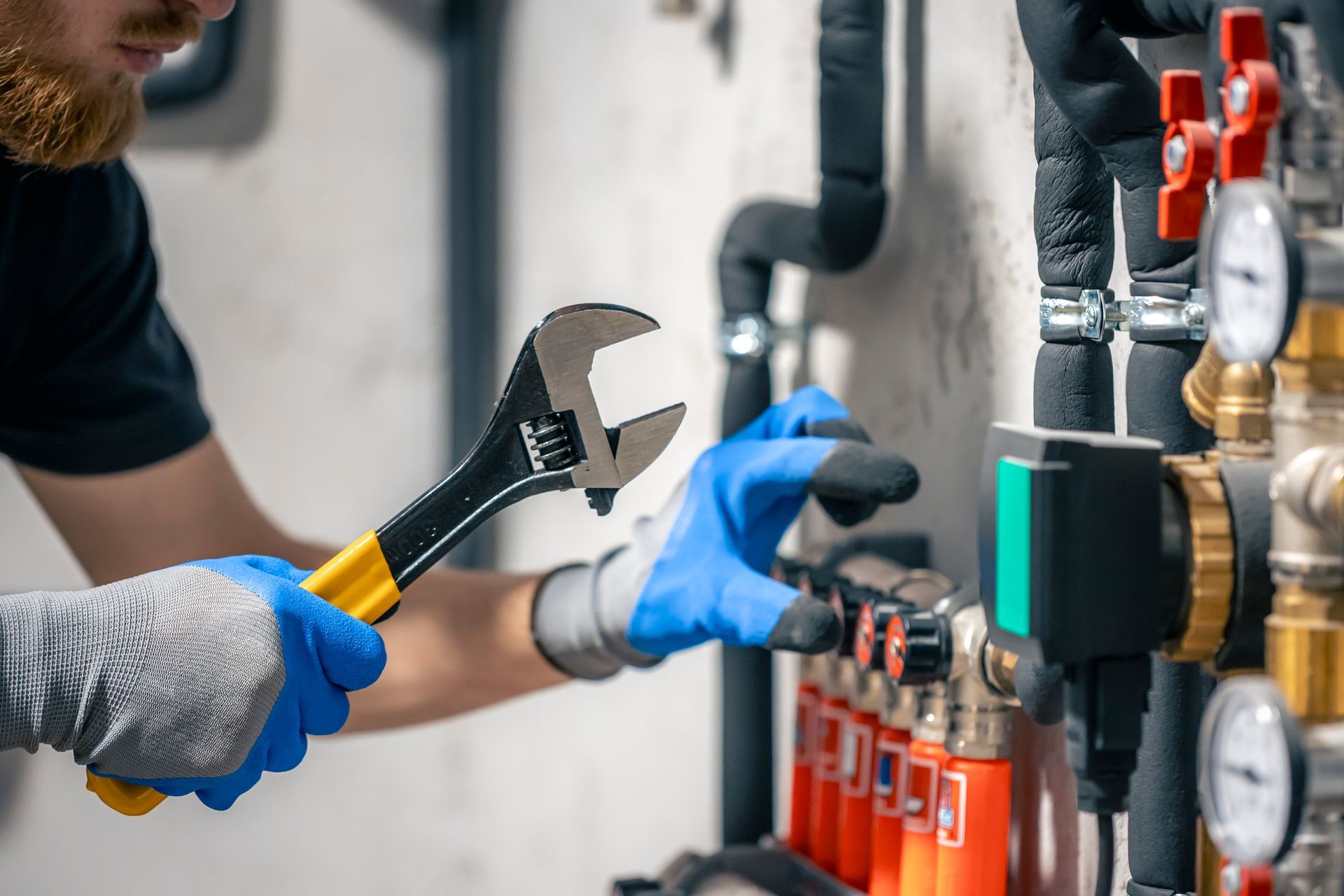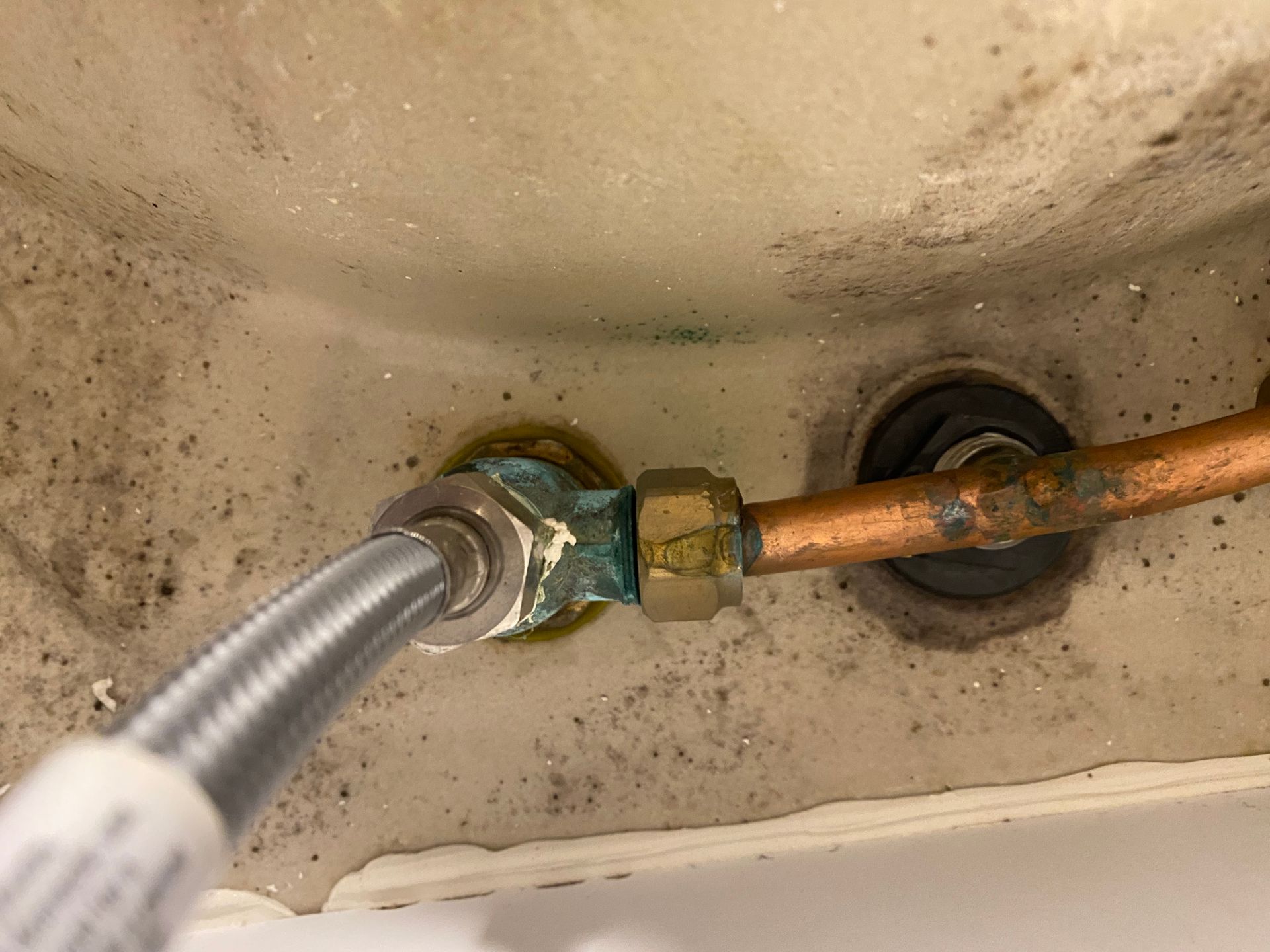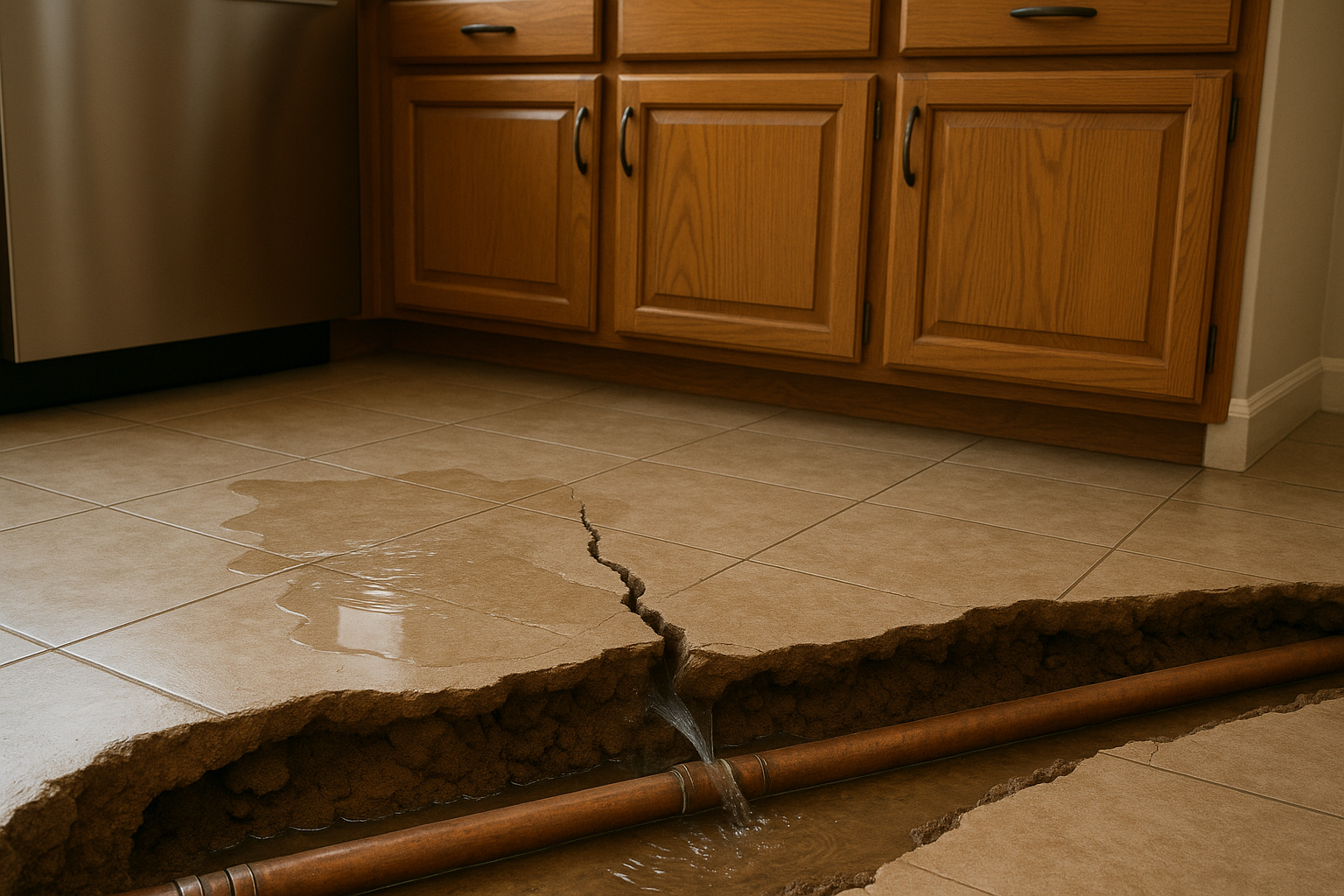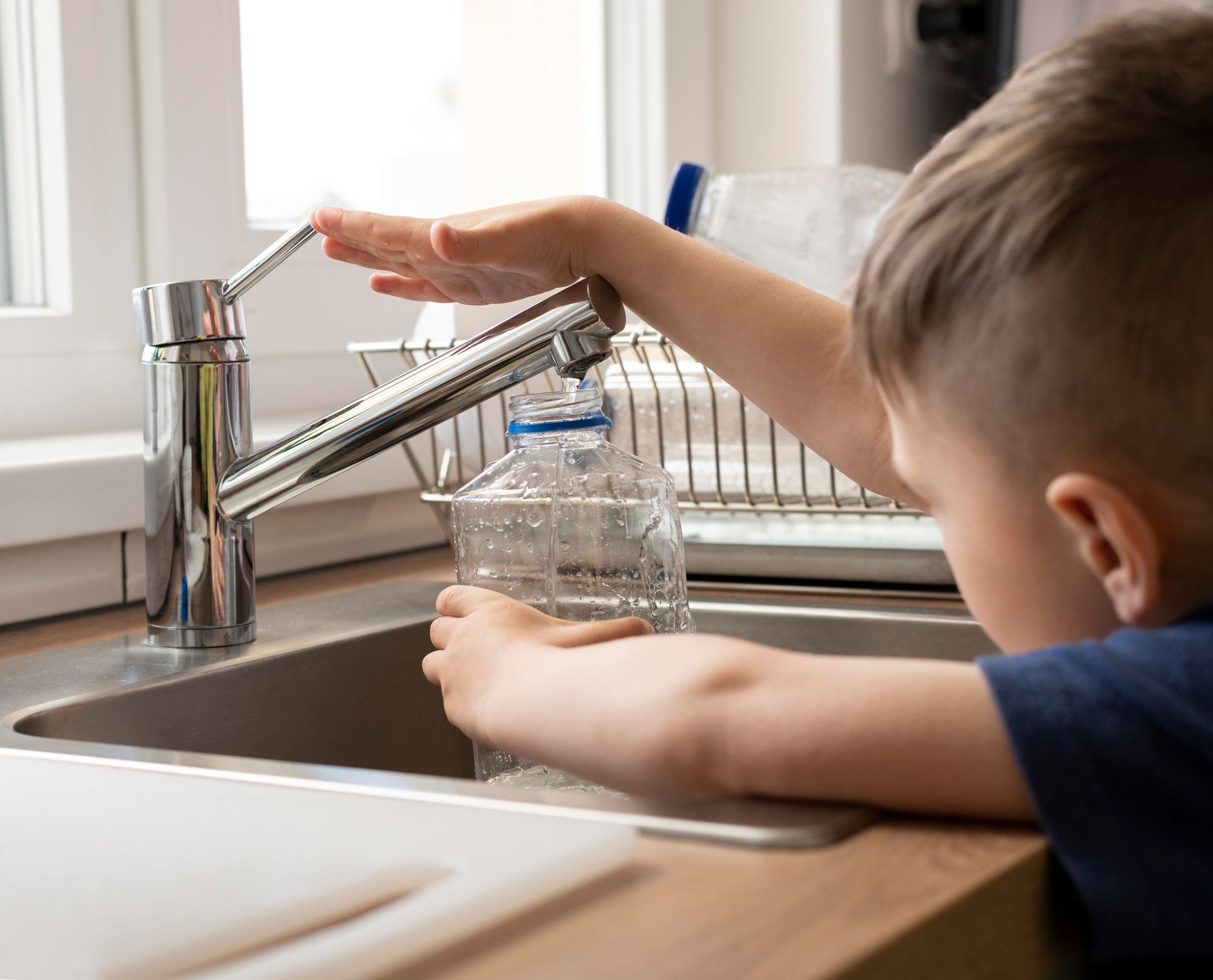The Benefits of Electric Water Heaters
Hot water is an essential part of modern living. Whether you’re taking a shower, washing dishes, or doing laundry, you rely on a water heating system to provide consistent warmth. While traditional gas water heaters have long dominated the market, electric water heaters are rapidly becoming a popular alternative. With advancements in technology and increasing emphasis on energy efficiency, electric water heaters offer homeowners a reliable and eco-friendly solution. But what makes them a smart investment? Let’s take a deep dive into their benefits and why they might be the perfect fit for your home.
Green Plumbing Solutions: Eco-Friendly Practices for a Sustainable Home
Efficient Energy Consumption: Why Electric Heaters Save Power
One of the biggest advantages of electric water heaters is their energy efficiency. Unlike gas-powered models, which experience heat loss through venting, electric water heaters convert nearly all the energy they consume into heat. This means you get more out of the electricity you pay for. Modern electric water heaters also come with energy-saving features like timers and programmable settings, allowing you to optimize energy use based on your household’s needs.
Lower Installation Costs and Simplicity
Installing an electric water heater is far simpler and less expensive compared to a gas unit. Since they don’t require ventilation or gas lines, electric water heaters can be placed in more locations, such as inside closets or under sinks. This flexibility allows homeowners to maximize space efficiency. Additionally, the absence of gas connections means no risk of gas leaks, making electric water heaters a safer option in many cases.
Safety: Reducing Fire and Carbon Monoxide Risks
When it comes to safety, electric water heaters hold a clear advantage. Gas water heaters pose risks such as gas leaks, carbon monoxide poisoning, and combustion hazards. With an electric water heater, there’s no need to worry about gas-related dangers. Additionally, modern electric models come equipped with advanced safety features such as automatic shut-off mechanisms, protecting users from overheating and electrical hazards.
Eco-Friendly and Sustainable: A Greener Alternative
As the world shifts toward renewable energy, electric water heaters align well with sustainability efforts. Homeowners can power them with renewable energy sources such as solar or wind energy, making them an environmentally responsible choice. In contrast, gas water heaters rely on fossil fuels, contributing to carbon emissions. By switching to an electric model, you’re reducing your carbon footprint and supporting a cleaner future.
Consistent and Reliable Performance
Electric water heaters provide steady and reliable heating. Unlike gas models, which may struggle with inconsistent water temperatures, electric units maintain a constant temperature with precision. This is particularly useful in households with multiple users who rely on hot water throughout the day. Additionally, electric water heaters are less affected by external temperature fluctuations, ensuring efficient operation year-round.
Lower Maintenance and Longer Lifespan
Another significant advantage of electric water heaters is their low maintenance requirements. Gas heaters require regular inspections to check for gas leaks, vent blockages, and pilot light issues. Electric water heaters, on the other hand, have fewer components prone to wear and tear, reducing maintenance costs over time. With proper care, an electric water heater can last up to 15 years or more, making it a cost-effective long-term investment.
Availability and Easy Replacement
Unlike gas water heaters, which require specific infrastructure, electric models are widely available and compatible with most homes. If an old electric unit needs replacement, swapping it out is straightforward and typically less disruptive. With numerous models on the market, homeowners can find an option that suits their budget and household needs without extensive renovations.
Cost-Effectiveness in the Long Run
Although the operating costs of electric water heaters may be slightly higher than gas models in some regions, their efficiency and longevity often balance out the expenses. Homeowners can further reduce costs by using energy-efficient models, taking advantage of off-peak electricity rates, or integrating the heater with a solar power system. Over time, these savings contribute to a lower total cost of ownership.
Conclusion: Is an Electric Water Heater Right for You?
Choosing the right water heater depends on your household’s needs, budget, and long-term energy goals. While gas water heaters still have their place, electric water heaters provide numerous benefits, including enhanced safety, energy efficiency, easy installation, and sustainability. If you’re looking for a reliable, low-maintenance, and eco-friendly solution, an electric water heater is a worthwhile investment. As technology continues to advance, electric models are only getting better, making them a compelling choice for homeowners who prioritize efficiency, safety, and convenience.


